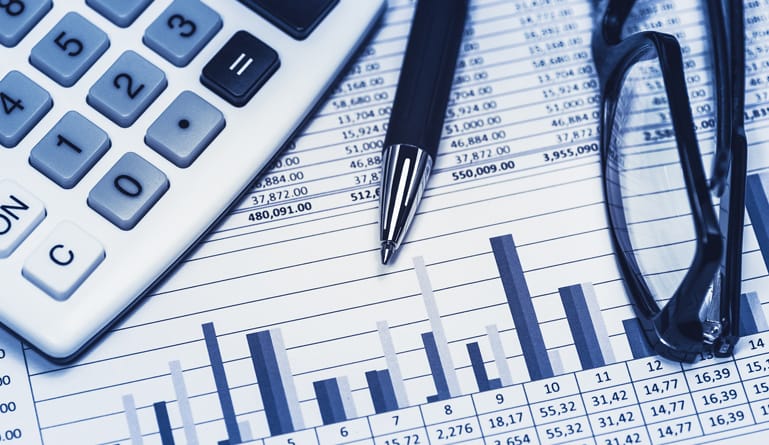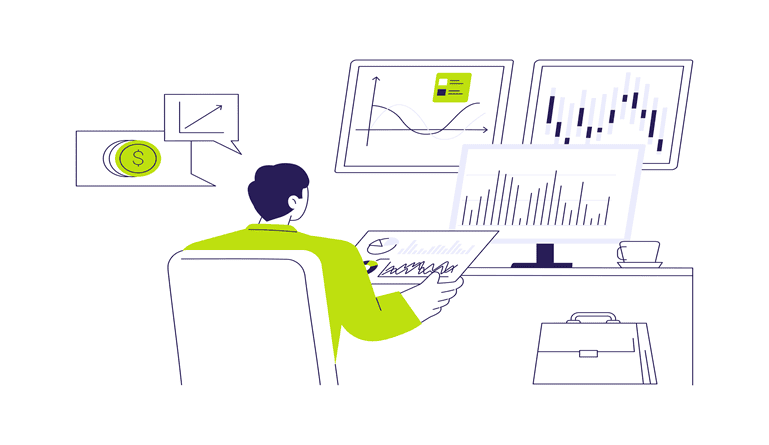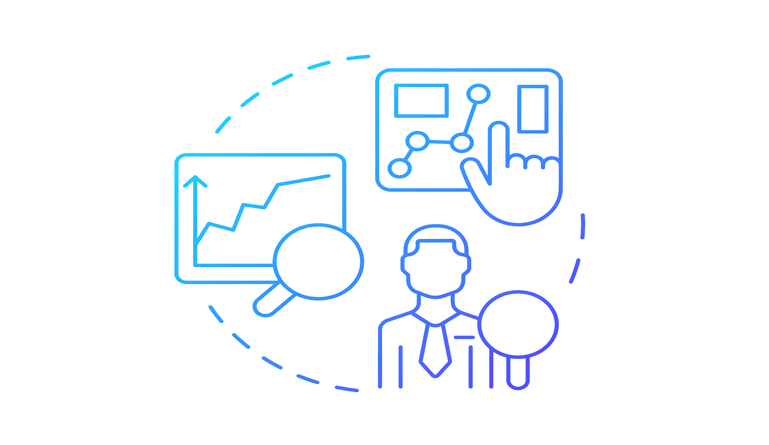Artificial intelligence in forecasting for financial markets can impact the economy.
What to know about artificial intelligence apps and their role in financial forecasting.
Financial forecasting can be an important part of business strategy. Even for businesses that don’t specialize in financial services, understanding the financial climate is important for planning and strategizing. Businesses can see a direct relationship between sales, activity, and revenue and large gains or losses on Wall Street, which is why many businesses are interested in how to predict stock market movement.
Artificial Intelligence, or AI, has helped in this area. Businesses can now employ a software solution to help with stock market modeling and forecasting so that their business isn’t caught unprepared. Additionally, stock marketing prediction algorithms have influenced financial service and investment firms. Here are some things to know about the new wave of artificial intelligence applications in financial markets forecasting.
AI as a Tool
At this point, artificial intelligence applications in financial markets forecasting isn’t a complete substitute for financial specialists with a good eye and a good instinct. Stock market prediction methods powered by AI are good at automating tasks. AI apps help to aggregate data, recognize patterns, crunch numbers, and do basic analysis to help forecast future results or possibilities.
Ultimately, robots and programming can only work with raw data and not actually make suggestions on what’s best for a business. An informed person is required to incite any kind of action, but AI is great for saving time in looking at information, plus AI can look at all information sources outside of straight market data, like news and social media, to make better predictions.
AI’s Influence is Growing
Artificial technology has become much more user-friendly and accessible, especially with most major tech companies creating voice assistants. It’s easy to see, then, how more businesses and consumers could be utilizing AI more and more in their activities.
Not only do a growing number of finance teams at companies use AI to help them create stock price prediction methods to understand how outside factors, like the stock market, might influence parts of their business, but individuals have started to see the appeal in using artificial intelligence applications in forecasting financial markets. Because of the general user-friendliness of AI apps – plug-in data, get predictions from AI analysis – financial institutions have started to see the benefit in offering “robo-advisors” to clients from budding individual investors to businesses with a need for basic prediction.
When it comes to making predictions on the financial market, AI can be a huge asset. Organizations from niche companies like Wealthfront to huge financial titans like Bank of America have invested in AI technology to help make better predictions in the financial sector.
Using artificial intelligence applications as a resource to help analyze data is a great way to help organizations not only save time, it also helps them make decisions using better, more accurate information. Businesses can use AI predictions to help them shape their budgets, inventory and stock levels, and supply chain management decisions.
Has your business used AI applications to help track and predict financial trends? Do you think AI technology could be a useful resource for forecasting for businesses?




